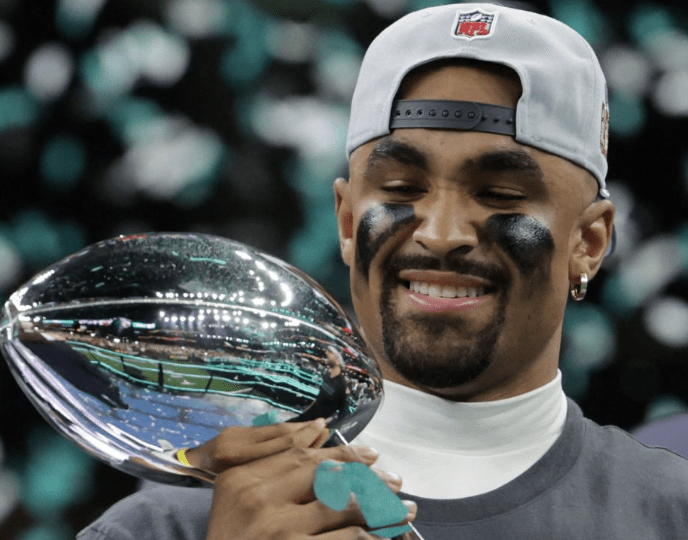Other than "individual" and "physical," what is the third component of the human gear train?
Mental
One of the primary objectives of studying sport psychology is to understand how psychological factors might impact sport performance. What is the other primary objective?
Understanding how being an active participant in sport might affect an individual's psychological well-being or health.
If an individual is motivated by external factors not related to the physical activity or the self we would say they are ______ motivated.
...extrinsically...
According to this class, can you ever "lose your focus"?
No (only shift it to task-irrelevant stimuli)
Mack opens the books with some quirky quotes from a hall of fame athlete. Who is this athlete?
Yogi Berra
Who was the most recent Super Bowl MVP?

We discussed five different perspectives on studying exercise psychology. What is the term that describes considering elements from multiple perspectives?
Integration
According to the text, who is considered to be the father of North American sport psychology?
Coleman Griffith
What do we call a contextual trigger in the environment that can initiate the motivational process underpinning movement (or, more broadly, affect decision making in some way)?
A Cue
According to the literature reviewed in class, is positive or negative self-talk likely more prevalent in professional athletes?
Negative self-talk (e.g., Van Raalte et al., 2000)
Being "uncoachable" is indicative of which of the gremlins?
Stubbornness
Other than psychopathy and narcissism, what is the third component of the dark triad?
Machiavellianism
What is the belief that the mind and body are components of a single unit, not separate entities?
Monism
A full professor at Pennsylvania State University and a pioneer in the field of sport psychology, who was the first ever resident sport psychologist for the US Olympic Committee (hired in 1980)?
Dorothy Harris
In terms of Temporal Self-Regulation Theory, what is the perceived link between behavior and anticipated outcomes of the behavior?
Connectedness Beliefs
What can an athlete learn from observing an unskilled model?
How not to perform an activity or movement
This saying is applicable to several of the gremlins, but which is it most applicable to?
Anger
What was the main takeaway from the Facing the Giants clip?
Your brain can put an artificial cap on your physical abilities and there is often much more to unlock once you figure out how.
Which perspective of exercise psychology is interested in executive functioning, inhibition, and the ability to switch between mental tasks (among other things)?
Cognitive Perspective
Debunk this myth:
Using a sport psychologist means you have a problem
Sport psychology is about training your mind to reach your potential, not necessarily to "solve problems."
What do we call the perceived capability to start physical activity, given current circumstances?
Task Self-Efficacy
Ahsen's triple code theory of imagery is often referred to as the ISM theory. The I stands for image and the M stands for meaning. What does the S stand for?
Somatic responses (i.e., psychophysiological changes to an individual)
Mack cites research that suggests that mental training in athletes will not only enhance your performance and improve your productivity but also add to your _________.
...enjoyment
What are the two dimensions of Nideffer's (1976) model of attention in physical activity?
Broad vs. Narrow
Internal vs. External
Which perspective of exercise psychology is interested in the broad study of feeling states as they relate to physical activity?
Affective Perspective
Debunk this myth:
Sport psychologists have a magic wand
Sport psychologists teach skills. Skills take time and effortful practice to master. Improvements are not instant.
Working in tandem with reflective motivation, this type of motivation can be described as influence from immediate "urges" to do physical activity or to avoid physical activity.
Hedonic Motivation
Spell out the entire PETTLEP acronym
Physical
Environment
Task
Timing
Learning
Emotion
Perspective
Competitive, confident, control, committed, composure, consistency.
Which of the "7 Cs of Mental Toughness" is missing from this list?
Courage
In lecture we talked about three benefits of imagery. Two of them were that imagery is learnable and cheap. What was the third?
Imagery is adaptable